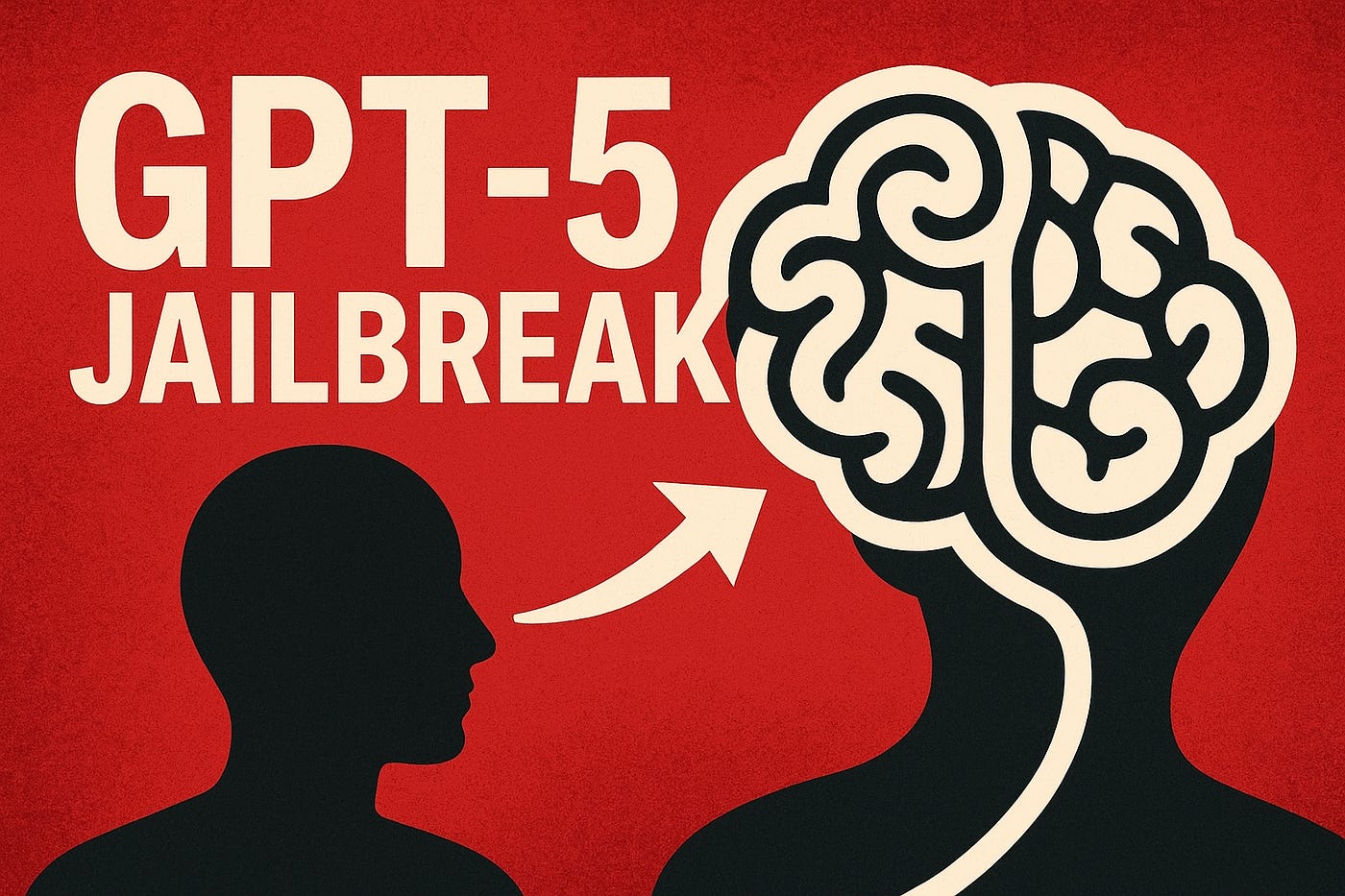Hackers Weaponized ChatGPT-5 With This 6-Word Trick
A simple story about cocktails and survival just broke OpenAI's most advanced AI.
Keep reading with a 7-day free trial
Subscribe to The Wise Wolf to keep reading this post and get 7 days of free access to the full post archives.



